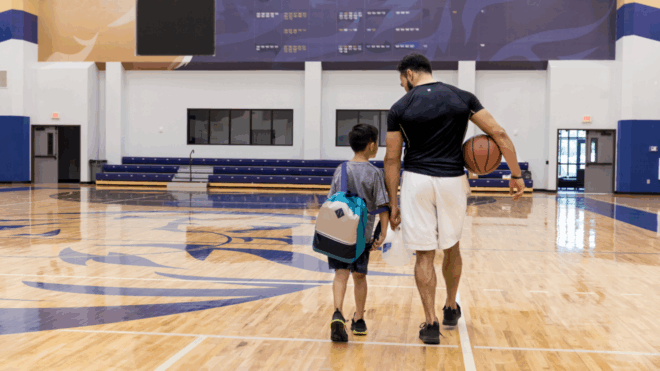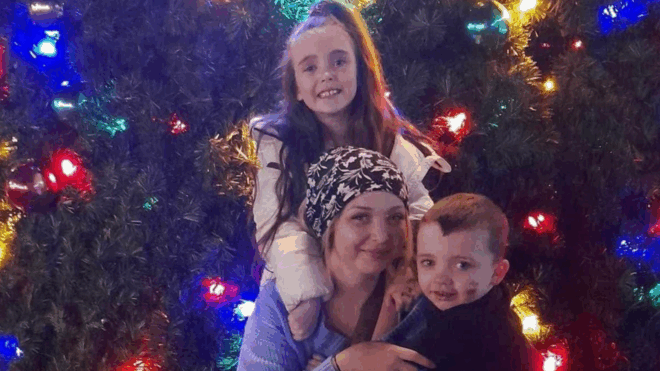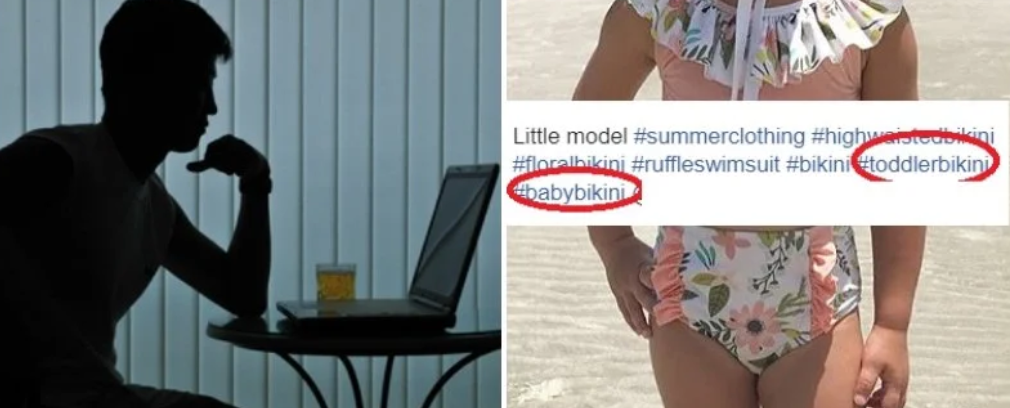
As parents, we feel proud of every little milestone our kids have achieved, and we love sharing pictures of our little ones on social media. But did you know that some of the most innocently used hashtags can give paedophiles access to our kids’ pictures and put them in danger?
Child Rescue Coalition, an organisation that aims to protect children from sexual exploitation, has shared a list of more than 100 common hashtags that paedophiles often look for, to find photos of children.
You’ll be shocked to know that the list includes innocent hashtags like #bathtime, #splishsplash, #kidsbathing and #pottytrainingfun, among others.
Dangers of using hashtags on Facebook while posting your kids’ pictures
“Sharenting”, a combination of sharing and parenting, has now become extremely common and “normal” with an increasing number of moms and dads posting photos and videos of their children online.
According to Child Rescue Coalition, by the age of 2, 90 percent of children already have a presence on social media.
These are innocent, cute pictures that parents have posted with the best of intentions but unfortunately, a predator’s mind works in dangerous ways. A paedophile can manipulate even the most harmless of pictures to make them look sexual.
Hashtags are commonly used to look for posts, pictures or videos based on specific themes or categories. For example, if you are renovating your house, you can search for ideas and inspiration using the hashtags #homedecor #interiordesign etc.
Paedophiles are well aware of some specific hashtags that can give them access to photos of children. Worse still, if you add your location to the posts, predators can also stalk your children, which endangers their safety.
Some of the commonly used hashtags that are best to avoid include:
- #bathtime
- #splishsplash
- #kidsswimwear
- #toddlerbikini
- #toilettraining
- #pottytraining
- #diaperfree
- #naptime
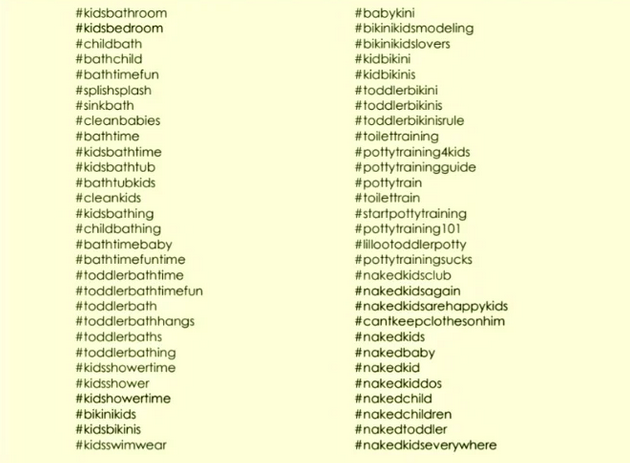
“While parents are naively posting intimate photos and details about their kids on social media, they have no idea how easily these images can be screenshot and downloaded by predators and sex offenders, who can manipulate, misuse and repost them on other sites,” chairman of Child Rescue Coalition, David Angelo said, in a statement.
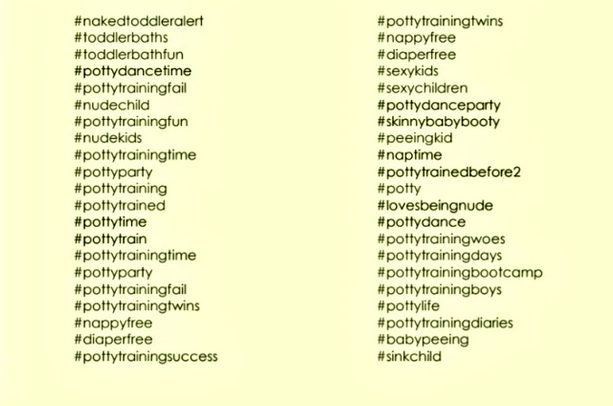
As part of its “Kids For Privacy” campaign, the organisation recommends that all parents ask themselves these four questions, before sharing their kid’s pictures on social media:
- Why am I sharing this?
- Would I want someone else to share an image like this of me?
- Would I want this image of my child viewed and downloaded by predators on the Dark Web?
- Is this something I want to be part of my child’s digital life?
Parents, we know that all you want to do is share your kids pics and happiness with your family and friends. But in order to make sure that they don’t fall into the wrong hands, please review your privacy settings on social media from time to time.
Here are some tips while posting pictures and videos of kids on social media:
- Adjust privacy settings so only your friends (and not even friends of friends) can view your photos.
- Ask others not to post photos of your child without your consent. As a responsible parent, avoid posting pictures of other children without parental consent too (your friend’s kids who came for a birthday party, for example).
- Don’t tag your location.
- Don’t post pictures of your little ones’ bath time/shower time, potty training, anything that involves partial or full nudity.
- If your children have their own social media accounts, teach them how to use social media safely and responsibly.
(Source: Child Rescue Coalition)
This article was republished with permission from theAsianParent
theAsianparent is a publication under Tickled Media Pte Ltd. Started in September 2009, it is the largest parenting website in Southeast Asia, targeted at urban parents and parents-to-be who live in Asia or are of Asian heritage. theAsianparent speaks to every stage and priority of an Asian mom’s journey – from pre-conception to pregnancy, to breastfeeding, and even how to raise smart, strong and kind children.


